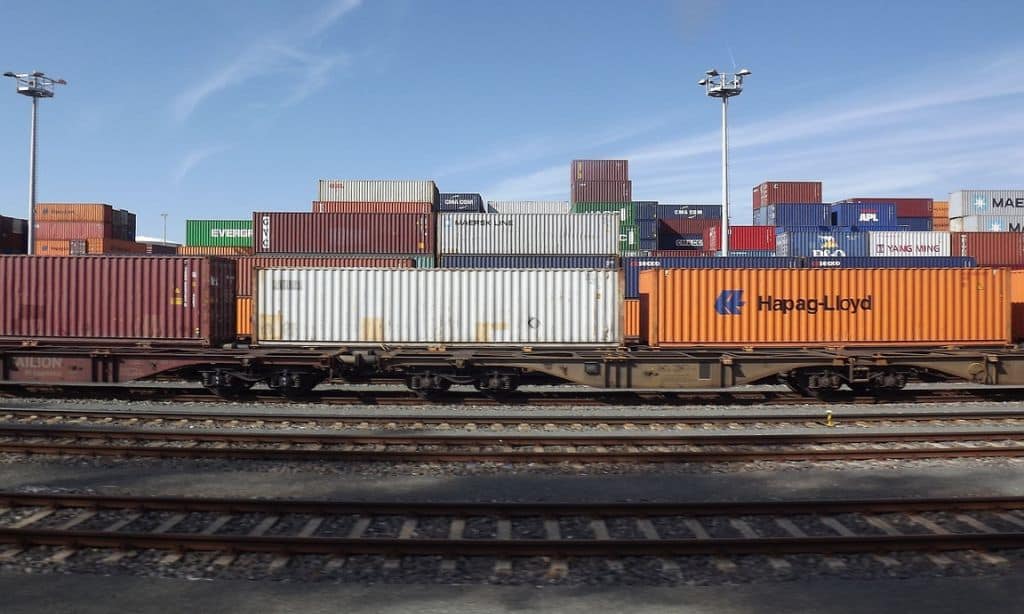Freight brokers play a critical role in the logistics industry by connecting shippers with carriers to ensure efficient transportation of goods. As global supply chains continue to evolve, the demand for freight brokers has increased significantly. Several economic factors are fueling this surge in demand, making it an opportune time for professionals to enter the field. Understanding these factors can offer insight into why freight brokers are becoming indispensable in today’s economy.
The E-Commerce Boom
The rapid growth of e-commerce is one of the primary drivers behind the increasing demand for freight brokers. As more consumers opt for online shopping, businesses are scrambling to meet the expectations of fast and reliable deliveries. E-commerce giants, such as Amazon and Shopify, have raised the bar for logistics efficiency, requiring a streamlined and reliable freight system to move goods from warehouses to consumers’ doorsteps.
Freight brokers serve as key intermediaries between businesses and transportation services, helping to secure the best shipping rates and ensuring that goods arrive on time. With e-commerce sales expected to grow at a steady pace over the next few years, this trend will likely keep pushing the need for skilled freight brokers.
Global Supply Chain Disruptions
Recent global events, such as the COVID-19 pandemic and geopolitical tensions, have exposed vulnerabilities in the global supply chain. These disruptions have resulted in port closures, labor shortages, and increased transportation costs. Businesses are now looking for more reliable and flexible shipping options, turning to freight brokers to navigate these complex challenges.
Freight brokers provide valuable solutions by leveraging their networks and expertise to find alternate routes, reduce delays, and manage the fluctuating costs associated with supply chain disruptions. As supply chains continue to face unexpected challenges, the role of the freight broker becomes even more essential in maintaining operational continuity for businesses worldwide.
Rising Fuel Costs
The cost of fuel plays a significant role in the logistics and transportation industry. With fuel prices often fluctuating due to geopolitical tensions, inflation, or supply constraints, businesses are under pressure to manage these increasing costs effectively. This is where freight brokers come in, offering their services to optimize shipping routes, negotiate better deals with carriers, and find more cost-effective transportation options.
Freight brokers possess the expertise to adjust to rising fuel costs while maintaining competitive shipping prices for their clients. By managing these costs and helping businesses avoid overpaying for transportation, brokers play a vital role in keeping logistics expenses under control.
Shortage of Truck Drivers
The trucking industry in the U.S. and many other countries faces a significant shortage of drivers, which has strained the transportation capacity. The American Trucking Association estimates that the industry is short tens of thousands of drivers, and this number could grow even higher in the coming years. This shortage has created bottlenecks in the supply chain, with companies struggling to move products efficiently.
Freight brokers step in by coordinating with a broad network of carriers, ensuring that businesses can still find transportation solutions despite the shortage. They help companies locate available drivers and vehicles, reducing delays and ensuring the smooth flow of goods. As the driver shortage continues, freight brokers will play a crucial role in addressing this growing challenge.
Freight Broker Boot Camps and Career Opportunities
With the increasing demand for freight brokers, there has also been a rise in training programs designed to prepare professionals for this dynamic industry. Freight Broker Boot Camps, for example, provide comprehensive education on the skills needed to succeed as a freight broker, from understanding regulations to mastering negotiation tactics. These boot camps are essential for those looking to enter the industry and tap into the growing demand.
If you want to start your freight broker career, attending one of these boot camps can be a game-changer. It provides the foundation and knowledge needed to excel in the field, while also offering networking opportunities that can be invaluable as you build your business. As the demand for freight brokers continues to grow, now is the ideal time to begin training and take advantage of the many career opportunities in the sector.
Increasing Complexity in Logistics Management
The logistics industry is becoming increasingly complex, with more regulations, technological advancements, and customer expectations driving change. Freight brokers are often called upon to simplify this complexity by coordinating various aspects of the supply chain, including customs clearance, insurance, and shipment tracking. Their ability to handle these tasks efficiently allows businesses to focus on their core operations without getting bogged down by logistical challenges.
Moreover, technological tools, such as freight management software, have made it easier for brokers to offer real-time solutions, enhancing their value even further. As logistics management becomes more complicated, businesses will continue to rely on freight brokers to navigate this evolving landscape.
The growing demand for freight brokers is not just a passing trend. It’s driven by powerful economic factors such as e-commerce growth, supply chain disruptions, rising fuel costs, and a driver shortage. As these trends persist, freight brokers will remain a vital part of the logistics industry, offering essential services to help businesses adapt to ever-changing market conditions. Now is the perfect time to consider entering this booming field and take advantage of the many career opportunities available.




































